A new fleet of electric refuse trucks have been introduced to the streets of Manchester by Biffa.
It is part of a £10 million investment by Manchester City Council, which is one of the first local authorities to transform its fleet with electric refuse vehicles.
The launch marks a major step forward in Biffa’s ambition to be at the forefront of sustainable waste vehicle technology and will help reduce nitrogen dioxide levels in the city. It’s also part of the company’s sustainability strategy ‘Resourceful and Responsible’ which includes a commitment to tackling climate change and a pledge to cease buying fossil-fuelled vehicles by 2030.
Michael Topham, chief executive at Biffa, said: "We are delighted to be launching the UK’s largest ever fleet of electric refuse collection vehicles and supporting one of the UK’s top cities to become even greener. Biffa has a longstanding partnership with Manchester City Council, and we are committed to helping the city to halve its direct emissions by 2025. We are confident this is just the start and we will see many more electric vehicles in action across the country in coming years.”
A total of 27 vehicles will be rolled out in the Manchester area, collecting household and municipal waste in what is the UK’s biggest commitment to electric refuse vehicles yet.
Electric refuse collection vehicles have a vital role in reducing emissions across the waste collection industry and helping the UK reach its 2050 net zero emissions target. Biffa has already reduced its CO2 emissions by 65% since 2002 and is targeting a further 50% reduction by 2030.
Phasing out diesel powered collection vehicles and replacing them with new electric powered vehicles is a key part of reaching this target, along with more efficient collection routes, reducing the amount of waste to landfill and increased investment in recycling.
Councillor Rabnawaz Akbar, executive member for Neighbourhoods, said: “We’re proud that Manchester City Council, working with Biffa, has made the most significant investment of any council in emission-free refuse collection vehicles and that the waste and recycling service is playing its part in binning pollution.”

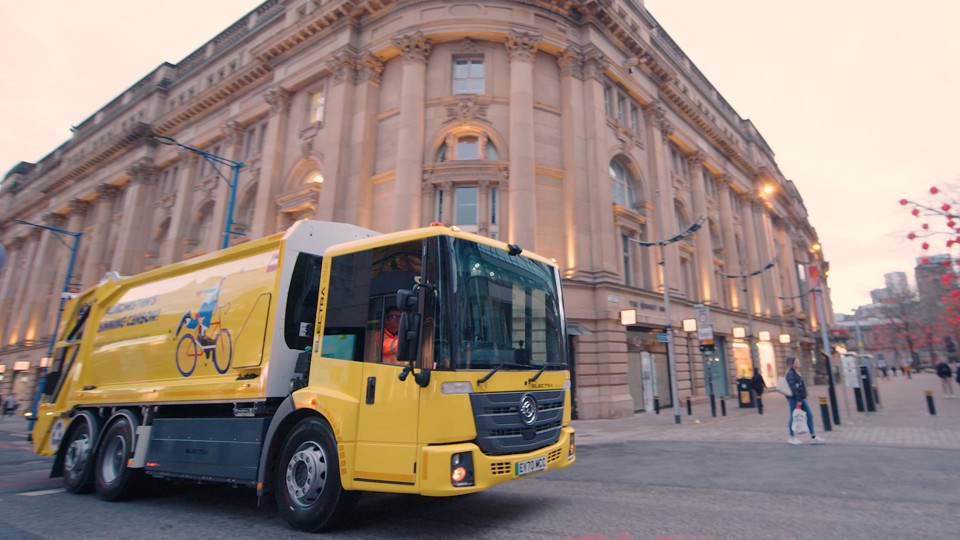



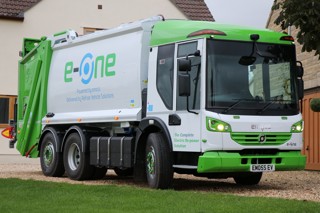
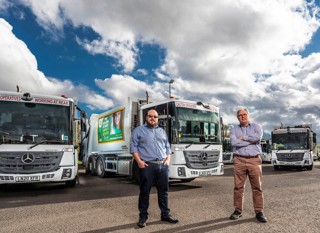
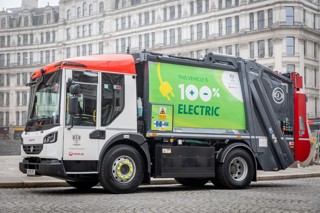
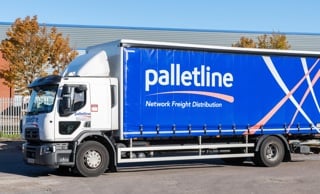
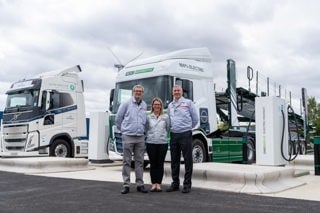












Login to comment
Comments
No comments have been made yet.